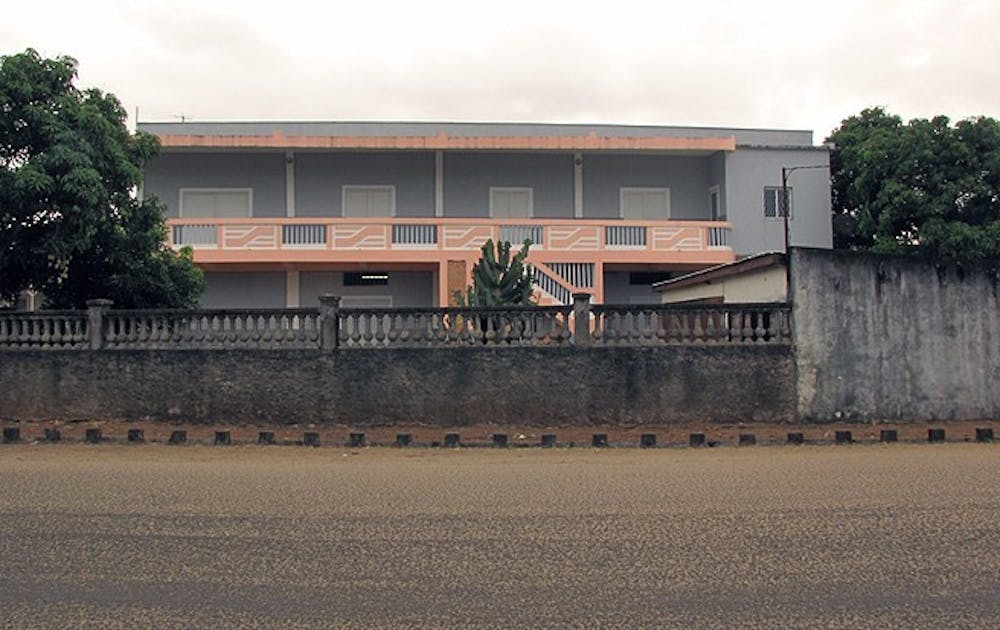The Duke Lemur Center recently acquired office space in Sambava, Madagascar, to house their latest conservation project.
Since it began in January 2012, the center’s SAVA Conservation Initiative has not had a physical location to consolidate its efforts. SAVA—named for the region Sambava, Antalaha, Vohemar and Andapa in northeastern Madagascar—uses a multifaceted approach to promote environmental progress in areas suffering from rapid deforestation. The Duke Lemur Center rented a space—expected to open in about a month—to house researchers and serve as an office space in the region.
“[The new space] will just take the project to the next level and help us become more visible in the community,” said DLC conservation coordinator Charlie Welch. “It’s easier to further our objectives when more people in the community are aware about what we’re doing.”
The project is relatively small, consisting of one on-the-ground postdoctoral researcher, Erik Patel, and the project manager, Lanto Andrianandrasana, who is also located in Madagascar. Despite the size, Welch said it has been difficult to run the project without a home base.
“Erik has been running the project out of where he lives and as the project grows, we need a place where people can go that is not where Erik lives,” he said. “To be taken seriously as a project in the area, you need a place where people can go.”
The initiative incorporates several approaches to lead conservation efforts in the SAVA region, according to the Duke Lemur Center’s April 2012 newsletter. These include educating local people on the importance of environmental awareness, supporting reforestation efforts and conducting research in the region.
Without the space, projects are scattered, Andrianandrasana said. Meetings occur in restaurants and computer work is done in cybercafes where they can print documents.
Patel noted that he has lived in many places since coming to Madagascar, including tents and bungalows. The new space will give Patel a permanent living space when he is not on expeditions.
Welch added that if the Duke Lemur Center successfully starts a DukeEngage program in Madagascar, students would be able to use the new space, which consists of two bedrooms, an office, a living room and a kitchen.
“The new office space will give us the private meeting space we’ve needed for a long time as well as allow us to host visitors, such as DukeEngage students and visiting Duke professors, more effectively and safely,” Patel wrote in an email Wednesday. “It will also give us a secure location, since it is enclosed by a private locked gate, to pay salaries and take care of other financial matters in private.”
Get The Chronicle straight to your inbox
Signup for our weekly newsletter. Cancel at any time.

